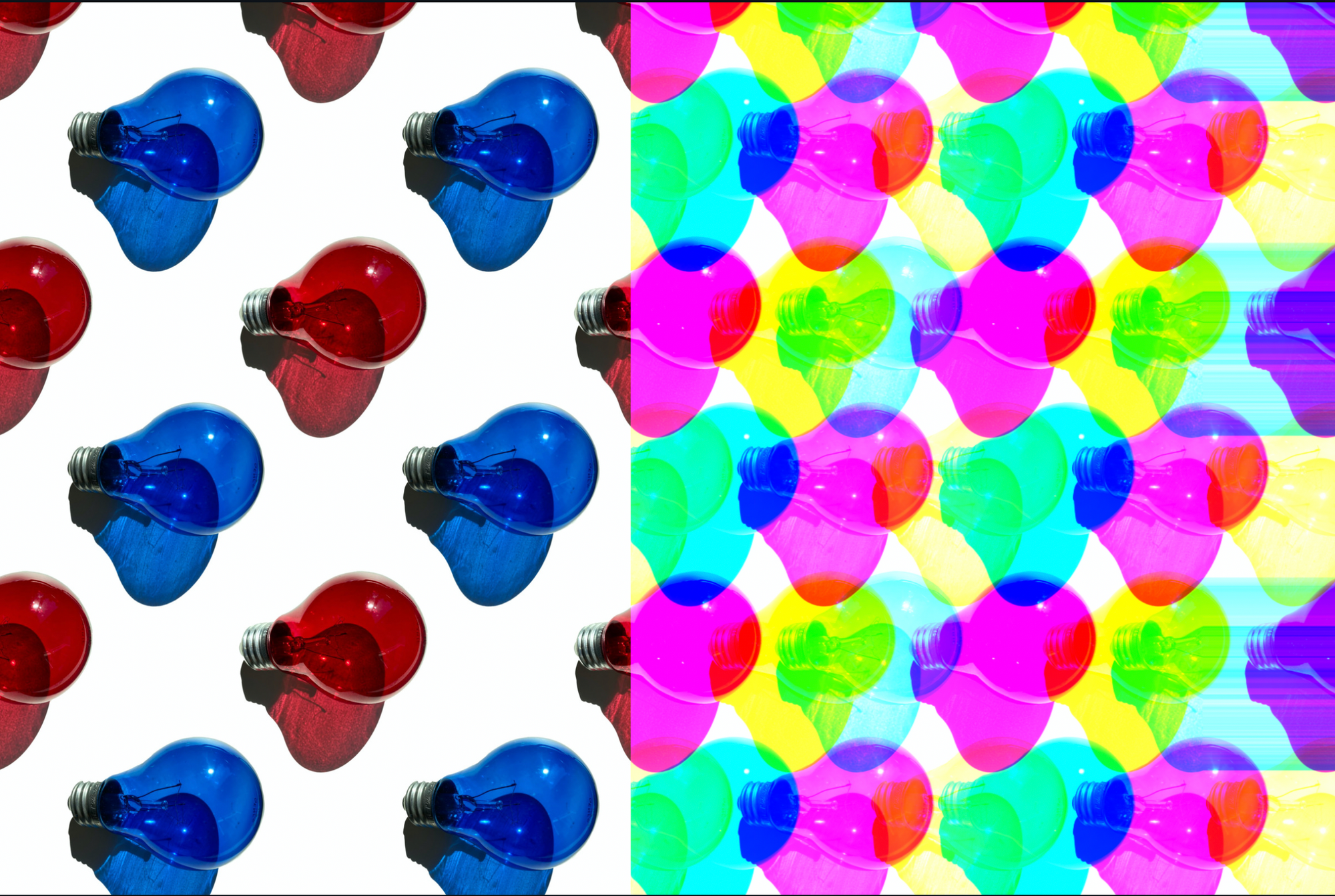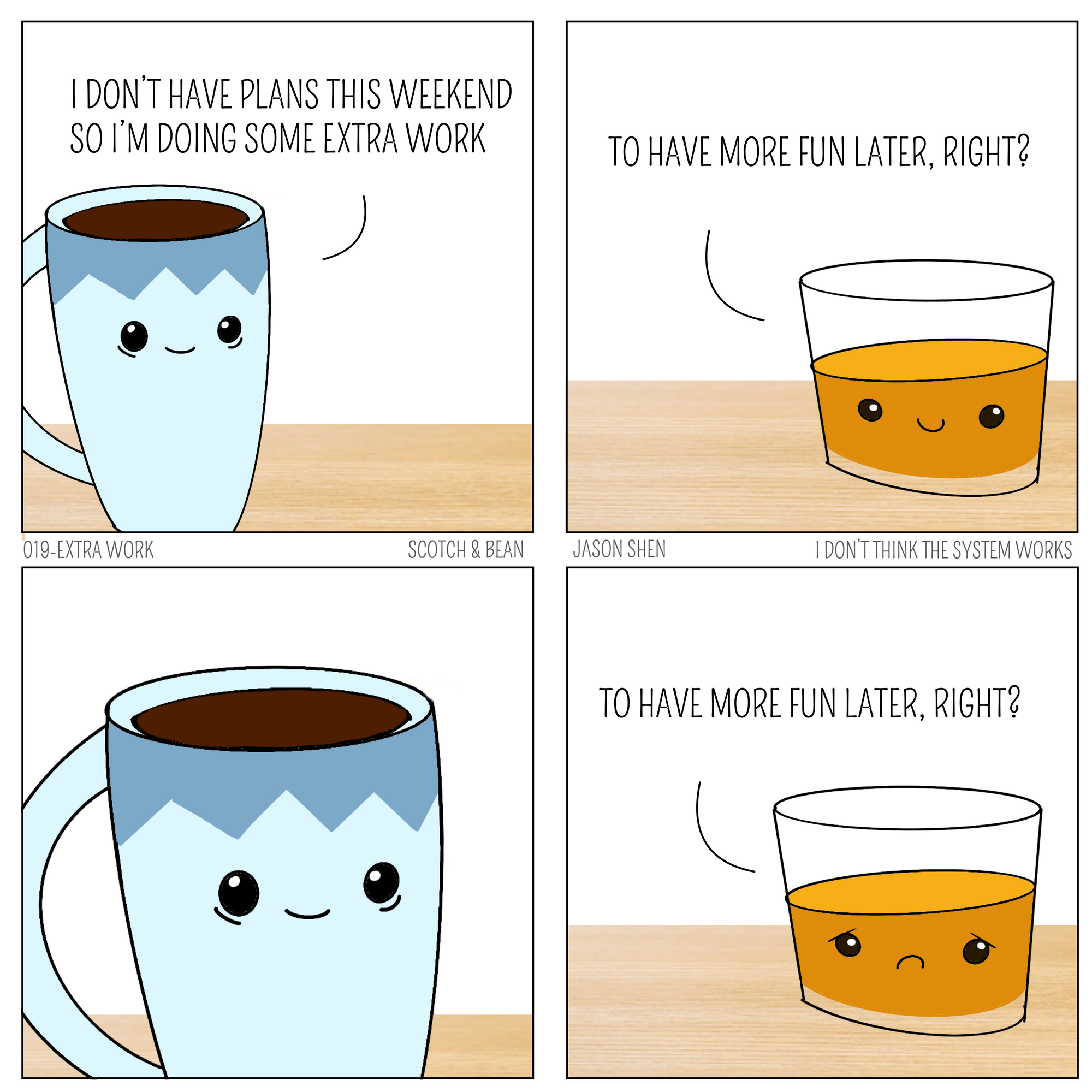This is the 61th edition of Cultivating Resilience, a weekly newsletter how we build, adapt, and lead in times of change—brought to you by Jason Shen, a 1st gen immigrant, retired gymnast, and 3x startup founder turned Facebook PM.
Apologies for the late newsletter - I moved this week and it took be a bit longer to get this one out. A quick note from last week’s edition on values and Kavanaugh:
Most found the connection between Kavanaugh’s current social struggles and his seeming lack of core values insightful, while others were disappointed in my not clearly articulating that his struggles are due to a very credible and serious accusation that he sexually assaulted Christine Blasey Ford1. I did not mean to portray Kavanaugh as some kind of sympathetic victim and have updated the piece to better reflect that.
I appreciate your readership and your feedback and always want to hear more of it. Thanks.
🧠 Do You Have Enough Unpredictable Disorder in Your Life?

I came across an article ostensibly about the death of festivals in the pandemic, but actually explores something much deeper: how we maintain social cohesion amidst the pressures of hierarchy and order. It begins by citing Rene Girard (the same guy who coined the idea of “mimetic desire”)
The late philosopher Rene Girard believed that this has always been true: since prehistoric times, the greatest threat to society has been a breakdown in cohesion. Theologian S. Mark Heim elegantly lays out Girard’s thesis: “Particularly in its infancy, social life is a fragile shoot, fatally subject to plagues of rivalry and vengeance. In the absence of law or government, escalating cycles of retaliation are the original social disease. Without finding a way to treat it, human society can hardly begin.”
Human beings are weird creatures. We crave order and structure—in our daily lives as well as in our social relationships—but we also chafe against it. We want to better our lives and lots and we definitely take umbrage with anyone else trying to do that at our expense.
In order that full-blown sacrificial crises need not repeat, an institution arose that is nearly universal across human societies: the festival. Girard draws extensively from ethnography, myth, and literature to make the case that festivals originated as ritual reenactments of the breakdown of order and its subsequent restoration through violent unanimity. A true festival is not a tame affair. It is a suspension of normal rules, mores, structures, and social distinctions.
According to Girard, to prevent full blown social unrest and societal collapse, we need outlets. This sounds disturbingly like the rationale for The Purge film series (I’ve only seen trailers) but without condoning unchecked violence, consider this example:
Online festivals risk becoming just another show for consumption. One clicks into them, sits back, and watches … Online events of any kind rest safely in the home. Whatever the content, the body recognizes it as a show…
Online events feel very safe, even detached. You know nothing real (good or bad) is going to happen sitting at your desk in your house. The opposite of that is something like Burning Man, which I attended in 2011 and 2012. The video below at least partially encapsulates the bizarre and unpredictable experience of disorder and “a new world”.
In-person festivals are different. They start with a journey, then one must undergo an ordeal (waiting in line for hours). Finally you get to the entrance temple (the registration booth), where a small divination ritual (checking the list) is performed to determine your fitness to attend (by having made the appropriate sacrifice – a payment – beforehand). Thereupon, the priest or priestess in the booth confers upon the celebrant a special talisman to wear around the wrist at all times. After all this, the subconscious mind understands one has entered a separate realm, where indeed, to a degree at least, normal distinctions, relations, and rules do not apply.
The pandemic prevented us from attending festivals—disordered, unpredictable experiences. Everything was controlled behind a screen. Even a night out, where you hit a couple venues with a group, has a strong amount of uncertainty and adventure to it. People disagree on what to do, someone gets lost or sick, a fight breaks out at the venue, etc.
Protests are another form of disorder. While few people want to be in a protest that’s become violent, whether due to counter-protestors or police, the experience of marching outside with others has a very powerful, authentic, and unpredictable element to it. Further down the disordered spectrum is a riot.
Absent authentic festivals, the pent-up need erupts in spontaneous quasi-festivals that follow the Girardian pattern. One name for such a festival is a riot. In a riot, as in an authentic festival, prevailing norms of conduct are upended. Boundaries and taboos around private property, trespassing, use of streets and public spaces, etc. dissolve for the duration of the “festival.” This enactment of social disintegration culminates either in genuine mob violence or some cathartic pseudo-violence (which can easily spill over into the real thing). An example is toppling statues, an outright ritual substituting symbolic action for real action even in the name of “taking action.”
For further reading on protests see 033: Terror Management and 005: Protest Edition
As we reopen, we are starting to have these kinds of more unpredictable, somewhat chaotic experiences where the social hierarchy is less defined and the normal rules are suspended for a while.
The Death of the Festival (charleseisenstein.com)
🖼 Extra Work

Inspired by Anakin and Padme.
👉 Add the Unexpected
Even if you aren’t a festival attender (or not ready to spend a ton of time in crowded spaces with strangers) you can still find ways to inject some disorder and unpredictability into your life. Try this:
- Use your non-dominant hand to eat, brush your teeth, and interact with most objects.
- Sit down with a friend or a significant other and go through these 36 questions, and really try to answer as honestly as possible
- Wear something completely different from what you normally do. Change your hair, wear a wig, wear a full face shield. Embody another person’s appearance and see how others treat you differentl
- Next time you eat at a restaurant, don’t look at the menu. Order only by looking at what other patrons are having and asking the waiter.
- Next time you are going somewhere for fun, don’t use GPS. Navigate by street signs and asking for directions. You may need to leave a bit earlier to make it on time.
What ideas do you have for adding more unexpected moments into your life?
-
Like this edition of Cultivating Resilience? Help me reach more people who could use these ideas by sharing it!
Something that I think ought to disqualify him from becoming a Supreme Court Justice

